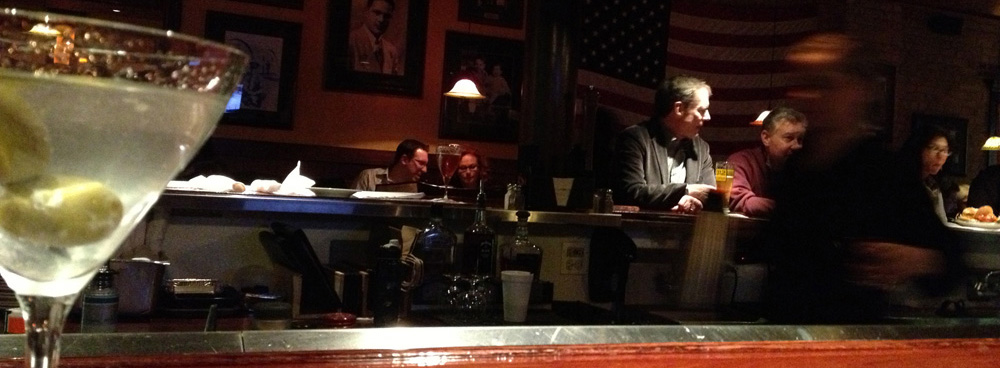 Syriana
SyrianaStephen Gaghan, director
A very complicated, very interesting, very involved and – ultimately – very disappointing movie.
The movie was about the stability of the Middle East and the behavior of the companies/governments that use the oil from its fields. The message was simple: Nothing is as it seems. The people who run this don’t, this that seems like white is black, doublespeak is the language of all, and it all comes down to the almighty buck.
Could be compelling, but – as presented here – it was just overkill and (possibly intentionally) confusing. I thought Three Kings (also with Clooney) did a much better job of showing how the craziness in the Middle East was oil/money/power based – with that religious wildcard, of course.
One of the big tech stories – probably the biggest – of the week is Google’s acquisition of YouTube.
This aquisition (see the New.com story), needless to say, lit up the blogosphere like a Christmas tree. Everyone had something to say about it. (I guess today it’s my turn.)
Late last week, a few days after the purchase was announced, Robert Cringely weighed in.
Now, I like Cringely – he has a long history in Silicon Valley, many contacts and comes up with some strange, yet plausible conclusions – but I think he missed the boat on this one.
In his PBS column, Cringely says that YouTube is not (yet) the future of television.
I don’t think anyone ever really thought it was, did they?
To me, YouTube is the video version of Flickr (Flickr tagline: The best way to store, search, sort and share your photos) combined with Tivo for the Tivo-less.
The first point you can probably understand, the second may be a little harder to understand.
Let me give an example.
A co-worker was telling me about Stephen Colbert’s Green Screen challenge. I’d heard nothing about it (I haven’t seen The Colbert Report for about a month).
Colbert put a green screen version of him doing a Star Wars light sabre routine up on YouTube and invited people to download and modify it. Ove the next week or so, he ran clips of some of the contenders and so on.
I went home, hit YouTube, and saw the set up, some examples, and the winners (including an entry by one “George L”[ucas], who appeared on the show).
It was like I Tivoed it, but I don’t have a Tivo.
Now does it make sense?
I don’t think YouTube is really trying to be television, it is doing – ironically – much of what Google is doing – INDEXING video, including television.
I can’t go to my TV and type in “Law and Order” and get a list of all (14 million) Law and Order shows currently running.
But, by going to YouTube and typing in a couple of keywords, I was watching all the Colbert green screen silliness (pretty damn good, by the way).
This is powerful.
Think of the next possible step – where you view a trailer on YouTube (through the not-yet-invented Home Media device) and you can click throught to the whole show, which is an on-demand download for pennies, and includes the commercials, possibly targetted ads based upon your viewing choice and/or past views.
Powerful.
YouTube becomes Tivo (with teasers) and the video version of the TV Guide. The possiblities are endless. The more I think about it, the more I see the purchase really making sense.
Which is why I think Cringely missed the point.
